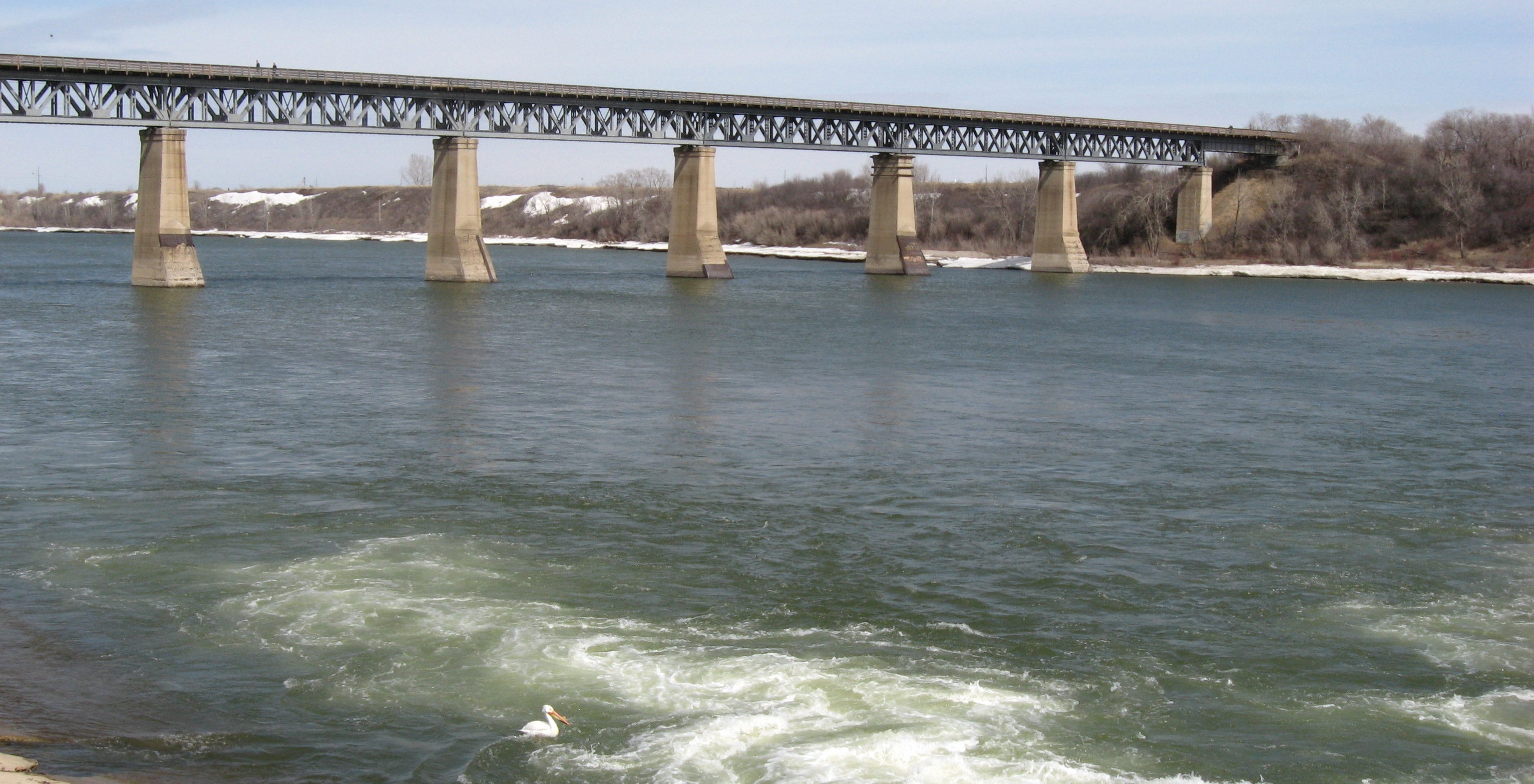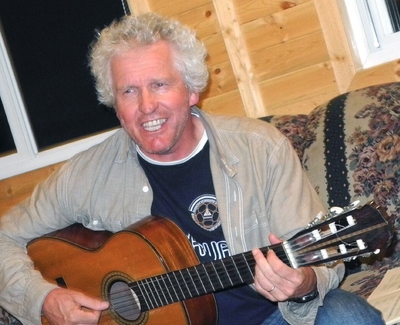Workshop Overview
Speakers
-
Richard Beals (Yale)
-
Josef Dorfmeister (TU-München)
-
Michael Gekhtman (Notre Dame)
-
Alex Himonas (Notre Dame)
-
Niky Kamran (McGill)
-
David Sattinger (Arizona)
-
Feride Tiglay (Ohio State)
Schedule and Abstracts
All talks in PHYSICS 130
9:00 am: Josef Dorfmeister (TU-München)
- Title: Simple occurrences of the non-trivial sine-Gordon equation
- Abstract: In this talk we will start by explaining the occurrence of the "sine-Gordon equation" in geometry, physics, and textile manufacturing. In the second part of this talk, we will make the applications to geometry more explicit. Looking at surfaces of "Gauss curvature K = -1" in R3, i.e. surfaces looking locally like a saddle at each point, we will associate to each point a natural "tripod", two tangent vectors and a vector perpendicular to them. It will become clear (quite easily) how such a tripod induces the sine-Gordon equation, and, vice-versa, a solution to the sine-Gordon equation will induce a surface of Gauss curvature K = -1. We will at least indicate how all the solutions to the sine-Gordon equation discussed above can be constructed (using a generalization of the Gauss algorithm and the Gram-Schmidt algorithm). The discussion will be illustrated by several pictures of surfaces. In the (short) third part, time permitting, we will point out some open (to me) problems. Most of this talk should be accessible to any undergraduate student.
10:00 am: David Sattinger (Arizona)
- Title: Einstein meets Huygens: an optical view of general relativity
- Abstract: Huygens saw light as a wave-particle phenomenon — light was a wave propagated by "ethereal" particles. The mathematical basis for this viewpoint is the symplectic geometry developed by Hamilton and Jacobi in the 19th century. The relativistic version of Hamilton-Jacobi's theory is used to show that the Einstein field equations are equivalent to a Hamiltonian system with 4 degrees of freedom.
11:00 am: Break
11:30 am: Michael Gekhtman (Notre Dame)
- Title: Cluster integrable systems
- Abstract: Combinatorial structures embedded into a definition of cluster algebras proved instrumental in reimagining many important integrable models and helped to discover new instances of complete integrability. The talk will provide an overview of an interaction between theories of cluster algebras and integrable systems with example ranging from dilogarithm identities to pentagram maps and their generalizations to discrete Toda-like systems that are close relatives of the peakon system to which a significant part of Jacek’s celebrated work is devoted.
12:30 pm: Lunch (Marquis Hall)
For those participants who are still in Saskatoon on Monday morning, Hans Lundmark (Linköping University) will be giving a related talk titled Peakons in Pictures at 11:00 am in ARTS 108. Directions to the venue will be provided on Sunday.
Participants
-
Richard Beals (Yale)
-
Xiangke Chang (Chinese Academy of Sciences)
-
Robert Cornea (Saskatchewan)
-
Josef Dorfmeister (TU-München)
-
Michael Gekhtman (Notre Dame)
-
Brandon Gill (Saskatchewan)
-
Alex Himonas (Notre Dame)
-
Niky Kamran (McGill)
-
Matthew Koban (Saskatchewan)
-
Jennifer Lam (Saskatchewan)
-
Aidan Lindberg (Saskatchewan)
-
Hans Lundmark (Linköping)
-
Christopher Mahadeo (Saskatchewan)
-
Alessandro Malusà (Saskatchewan-PIMS)
-
Devin Patterson (Saskatchewan)
-
Sergio Peralta (Talca)
-
Steven Rayan (Saskatchewan)
-
Yi Ren (Saskatchewan)
-
David Sattinger (Arizona)
-
Artur Sowa (Saskatchewan)
-
Thomas Stanley (Saskatchewan)
-
Evan Sundbo (Saskatchewan)
-
Jacek Szmigielski (Saskatchewan)
-
Kaori Tanaka (Saskatchewan)
-
Jacob Taylor (Saskatchewan)
-
Feride Tiglay (Ohio State)
-
Nicole Zolkavich (Saskatchewan)
Organizers
For any questions regarding the workshop, please contact one of the organizers below:
-
Hans Lundmark (University of Linköping)
-
Steven Rayan (University of Saskatchewan)




